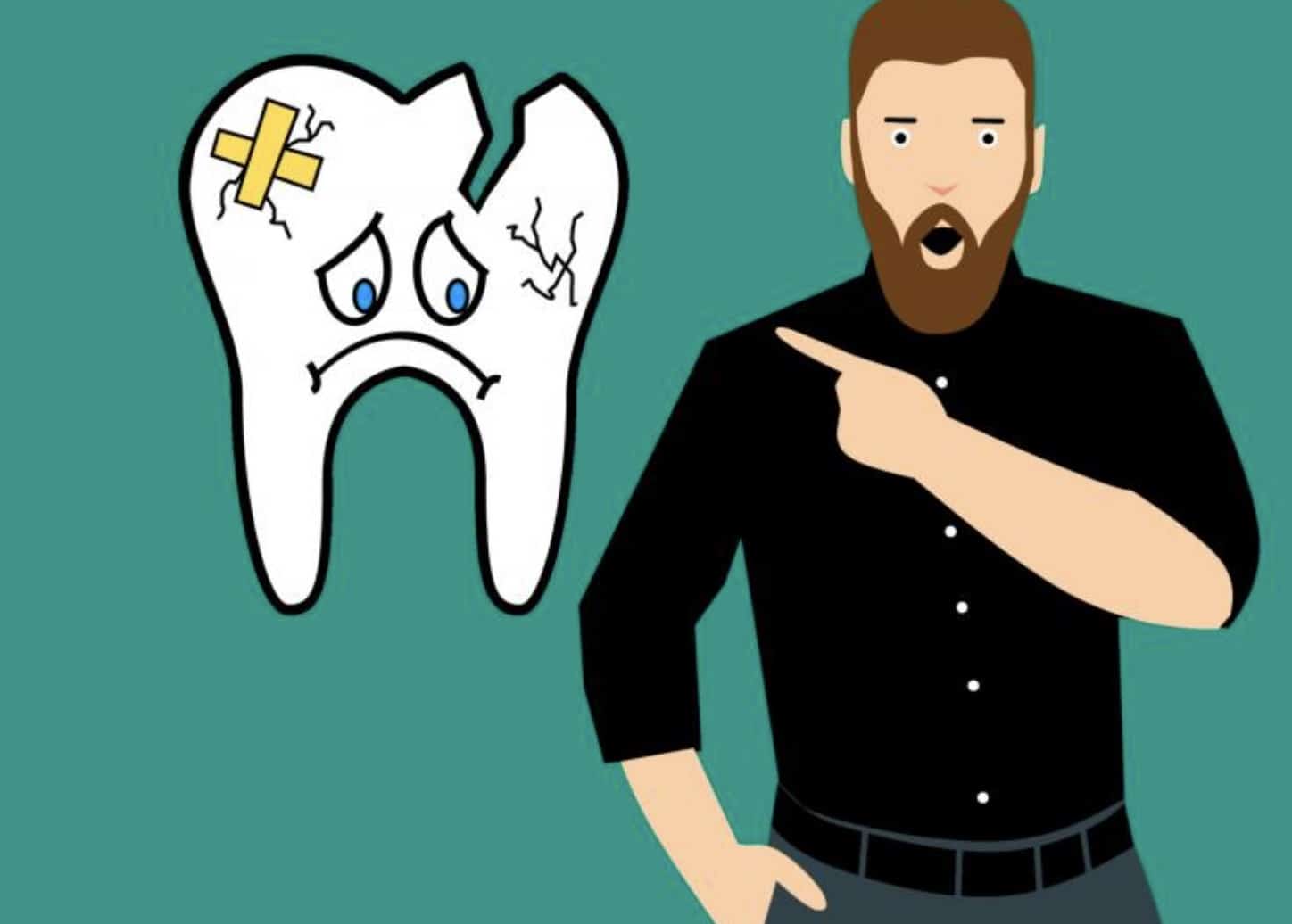When most people think about their health and their teeth they think about reading Beauty magazines and getting health tips for the skin or crow’s feet around the eyes, but what can you do to avoid tooth decay?
Almost everyone has been told that they should brush and floss to avoid tooth decay and most people, at the very least, brush… although probably half as much as they should. Avoiding tooth decay is very important even though it’s something most people brush off. Tooth decay can in many cases not only be permanent but lead to subsequent issues of oral disease, cavities, and the need for severe oral surgery. That is why it’s important to know what you can do to avoid tooth decay. Explore our range of dental suction tips for sale. However, if you already have a decayed tooth, it’s best to visit a dentist as soon as possible.Do you need oral surgery in Queen Creek AZ now? Then, you should consult your dentist immediately.
Chapter Overview
Know your risk
The first step is knowing what your risk of things like cavities already are. A good dental exam with your dentist and regular discussions will let you know what your oral hygiene currently is, perhaps what your diet has contributed to that oral hygiene, and what specific approach you can take to improving your oral health. Evidence-based practices to managing and avoiding tooth decay can give you actionable information on lowering your risk.
Brush regularly
While we all know that we should brush regularly, what we don’t always know is how to brush the right way or what equipment to use. Your mouth is home to billions of microbes that regularly recycle everything you eat and drink leaving behind a waste product, a biofilm called dental plaque. This plaque sticks to your teeth and can wear down your tooth enamel with time leading to cavities and tooth decay. If you don’t remove it it can spread causing oral diseases and reaching other parts of your body.
By brushing your teeth regularly, for just a few minutes per day, you can get rid of the majority of this dental plaque and leave your mouth a healthier, happier place.
But you also need to make sure you are using the right technique and that you have the right toothbrush. Your dentist can give you a soft bristle toothbrush and show you what a 45° angle against your gums looks like and how to brush gently on the front, back, and side to side of your mouth. Helping provide information to your patients will teach them how to avoid tooth decay but you, as their dental practitioner, also need to have supplies for dental hygiene on hand so that you can do your part in treating tooth decay in all of your patients.
Manage your diet
What you eat plays a huge role and your overall health but most people don’t realize the significance your diet has when it comes to avoiding tooth decay. Acidic and sugary drinks like coffee or tea especially those compounded by added sugar or milk can increase your risk for tooth decay significantly. You can alleviate this risk by rinsing your mouth with water after you have had your cup of morning tea or afternoon coffee. Water is one of the healthiest drinks you can have not only because it helps you stay hydrated and get rid of waste but it helps keep your teeth clean.
Floss regularly
We touched on brushing regularly but flossing regularly is just as important and yet no one pays it as much attention. When you brush your teeth you still only clean three of the five sides you actually have. Flossing is the only way to clean the two remaining sides of your teeth surface that brushing can’t reach. It doesn’t take more than a few minutes per day and you can easily floss your teeth while binge-watching your favorite Netflix show or even reading a book in bed. You should floss after meals, with your teeth brushing, or before bed. Make it a regular part of your oral routine and you will reap the benefits.
Put down your cigarettes
Smoking causes many complications and diseases but it poses significant problems to the health of your mouth, teeth, and gums. Not only does it stain your teeth but it increases your risk of tooth decay. Learning to quit your habit or at the very least reduce the frequency that you smoke can go a long way toward improving the health of your mouth and avoiding tooth decay. This is especially true when you combine your reduction in cigarettes used with better diet and regular brushing and flossing.

